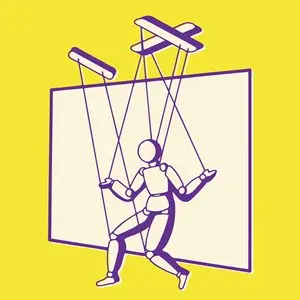The opinions of others affect us much more than we like to think.
Neuropsychologist from the University of Wisconsin-Madison (USA) Jack Nitschke (Jack B. Nitschke) and his colleagues invited two groups of subjects to try a very bitter drink. The first group was warned that the drink tasted bad, and the second group that it was truly disgusting. As a result, the entire first group said that the drink was just tasteless, and the second – that it was just awful. During the experiment, scientists studied the reaction of the cerebral cortex: the work of the sensory areas that measure and evaluate the parameters of objects changed under the influence of the setting, even if it was erroneous. So, in the participants of the first group, the parts of the brain responsible for the perception of unpleasant tastes were less excited.










